



Outcome of Day-Two workshop with Tourism and Hospitality Academicians – Following are key concerns suggested to be incorporated in designing the new curriculum module, in relation with need of Industry and Academia Strategic Partnership
1. Academic institutions need to invest in infrastructure, faculty training, and teachers must be train in AR/VR Tools use in their teaching because teaching with AR/VR could become a vital tool for future education.
2. Institutions through their courses must design the modules which give the understanding to students about shaping the future travel experience, emphasizing the need for understanding new policies that promote sustainable practices. These policies should ideally be developed in close collaboration with the government and industry stakeholders to ensure the long-term impact on tourism and related sectors.
3. Technology continues to evolve, it will become an inseparable part of the educational system, and institutions must adapt accordingly.
4. Institutions must be ready to establish AR/VR labs in their respective campus or must collaborate with such institutions where such facilities are available.This development is a significant step toward ensuring that Indian students have access to immersive learning experiences that can enhance their practical skills in tourism and hospitality.
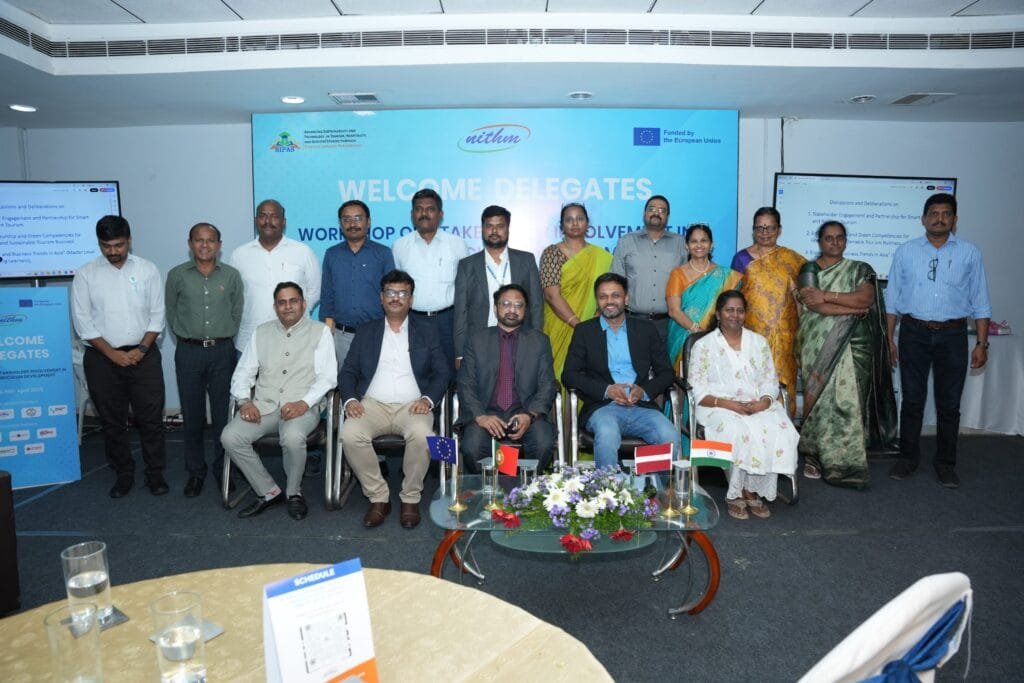
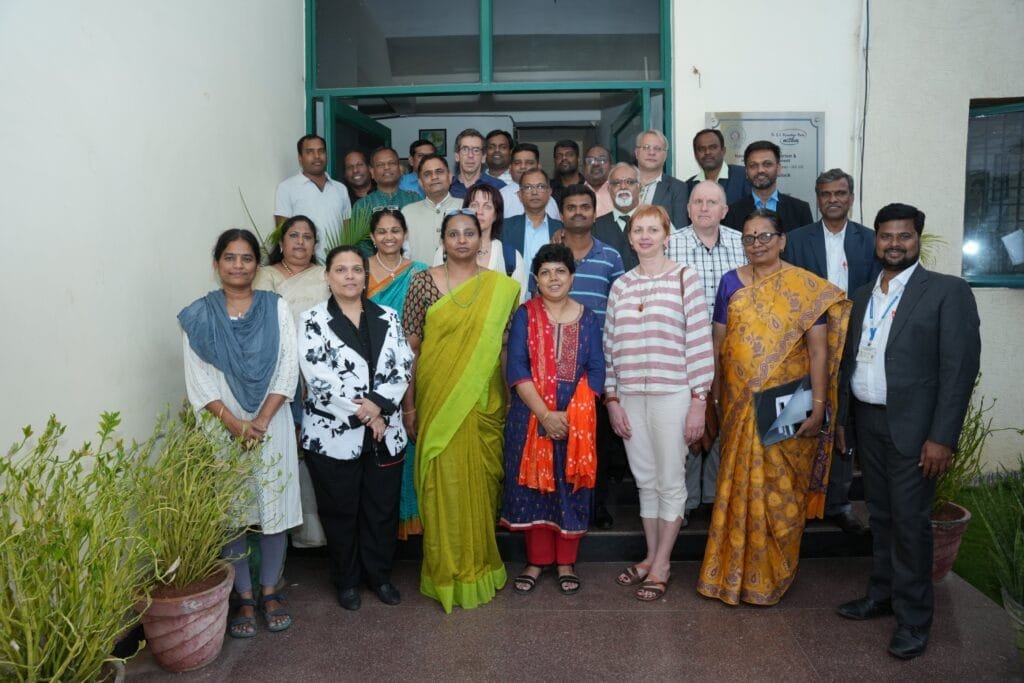
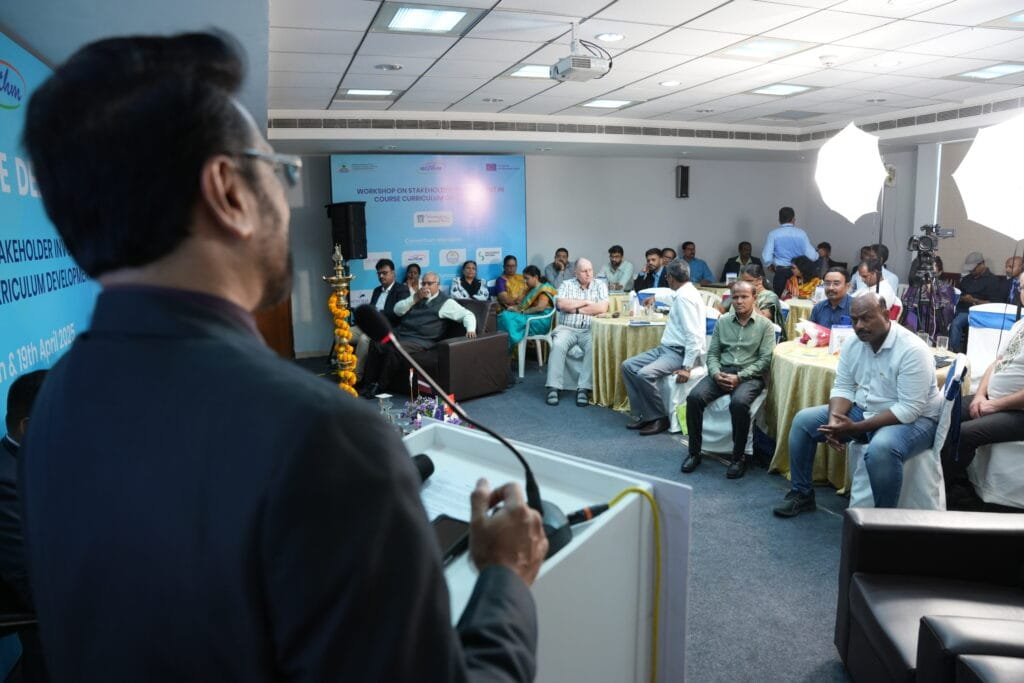
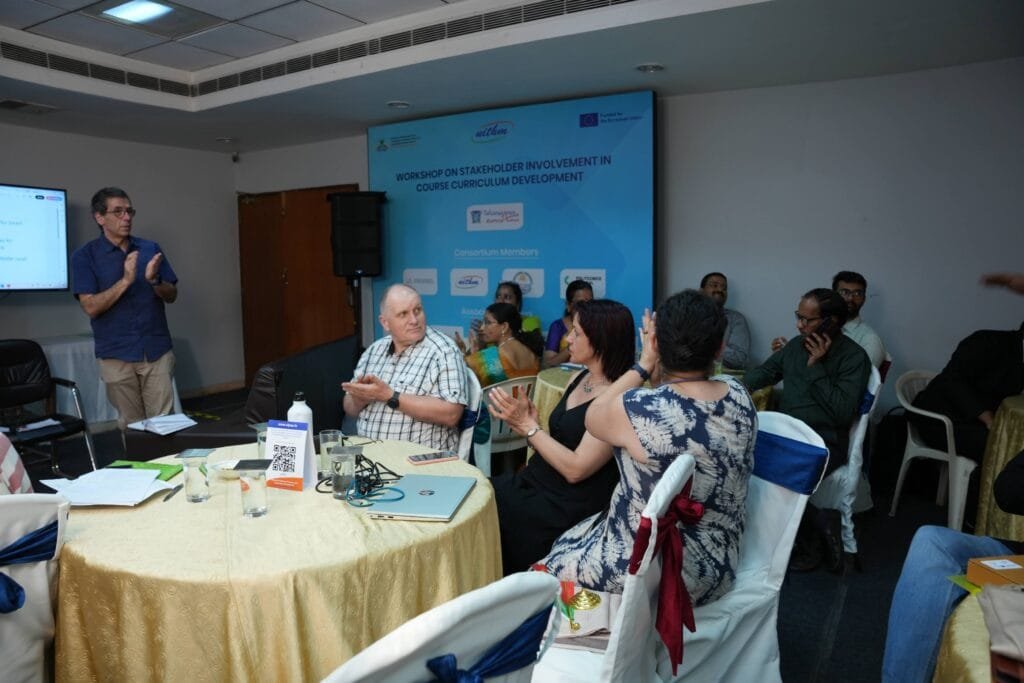
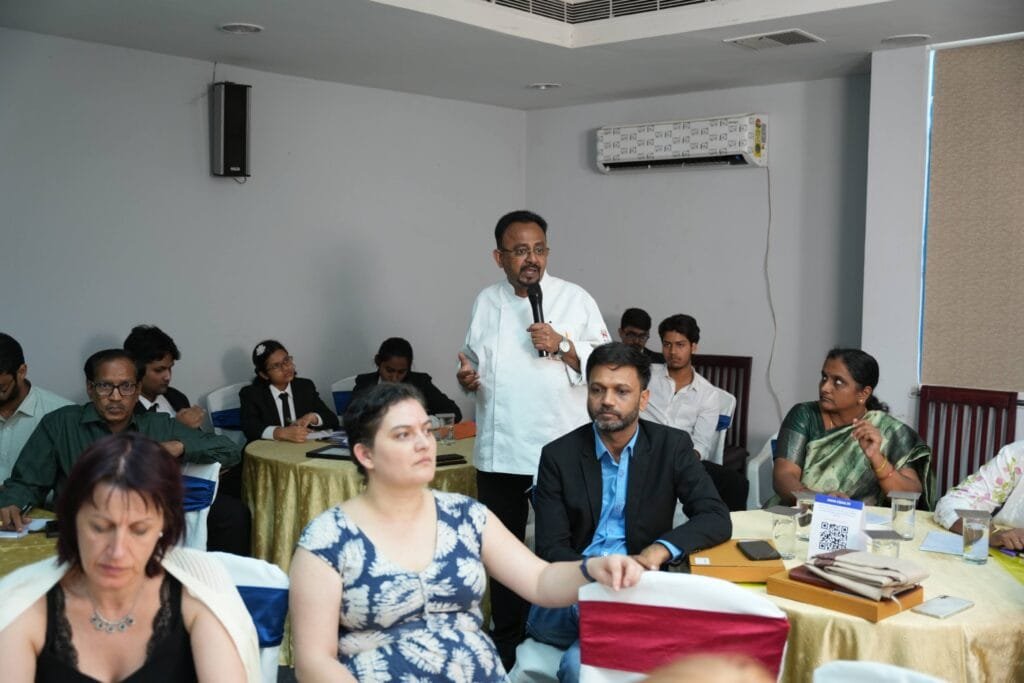
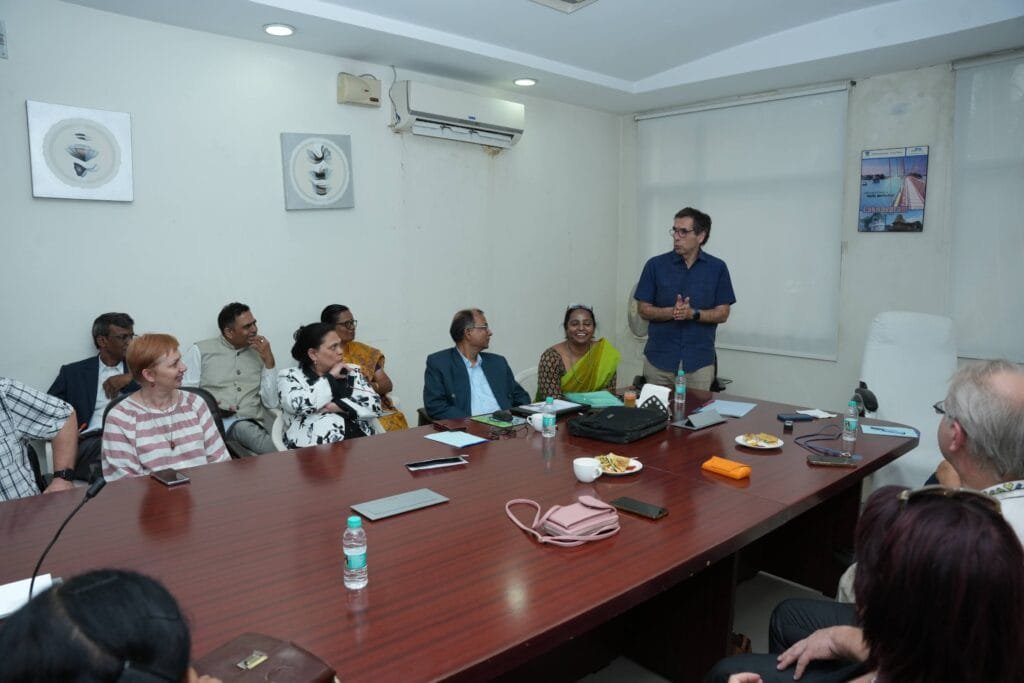
5. Institutions must balance the curriculum with reality and future aspirations. Curriculum development should be aligned with industry expectations, ensuring that students can secure meaningful employment after graduation.
6. There is need to promote awareness campaigns to educate the public about the value and potential of careers in tourism and hospitality.
7. Topics like Economic sustainability in tourism and hospitality must be rooted in “waste to wealth” concepts in tourism course modules.
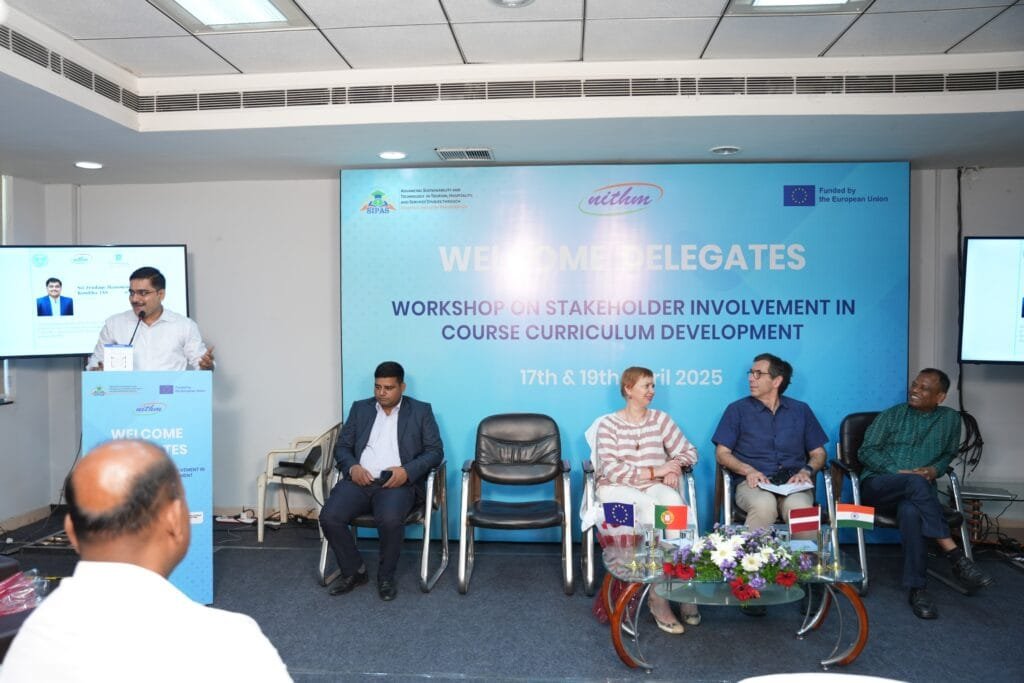
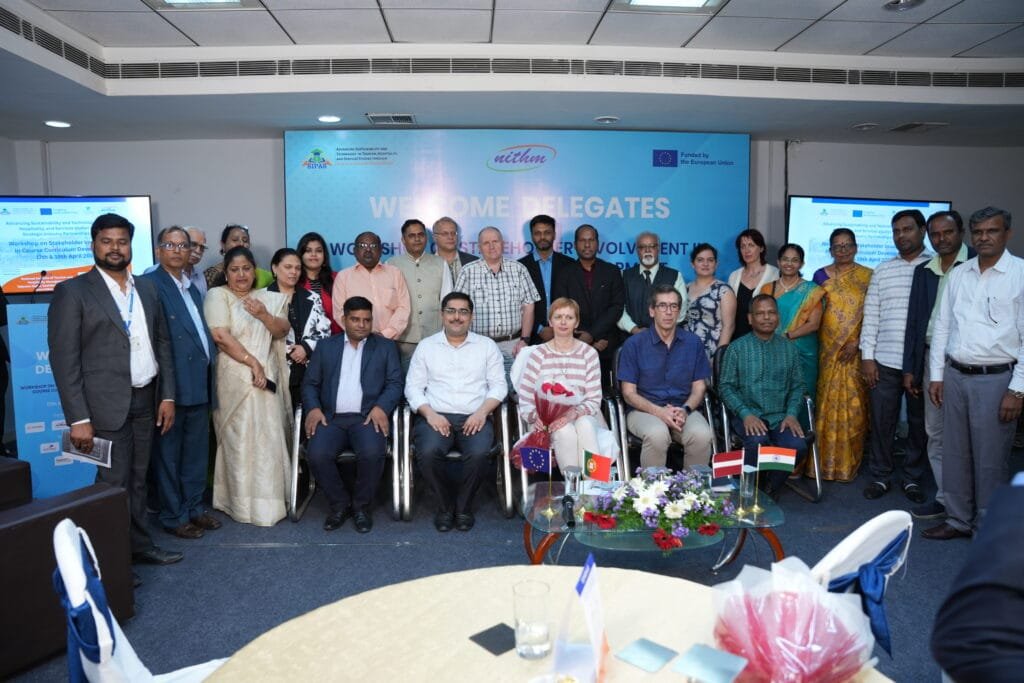
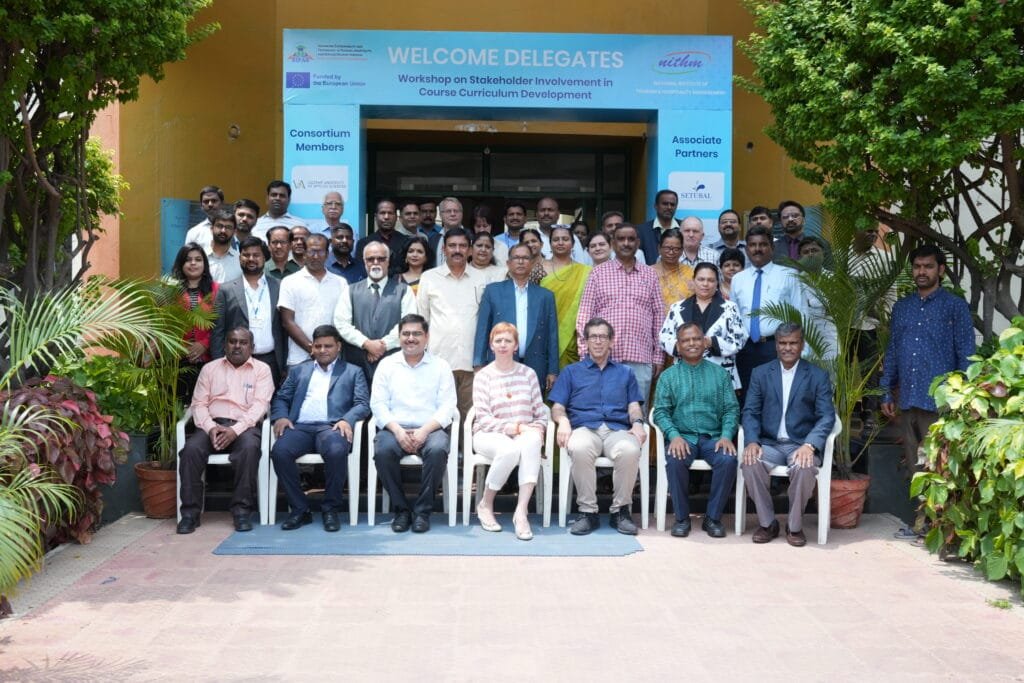
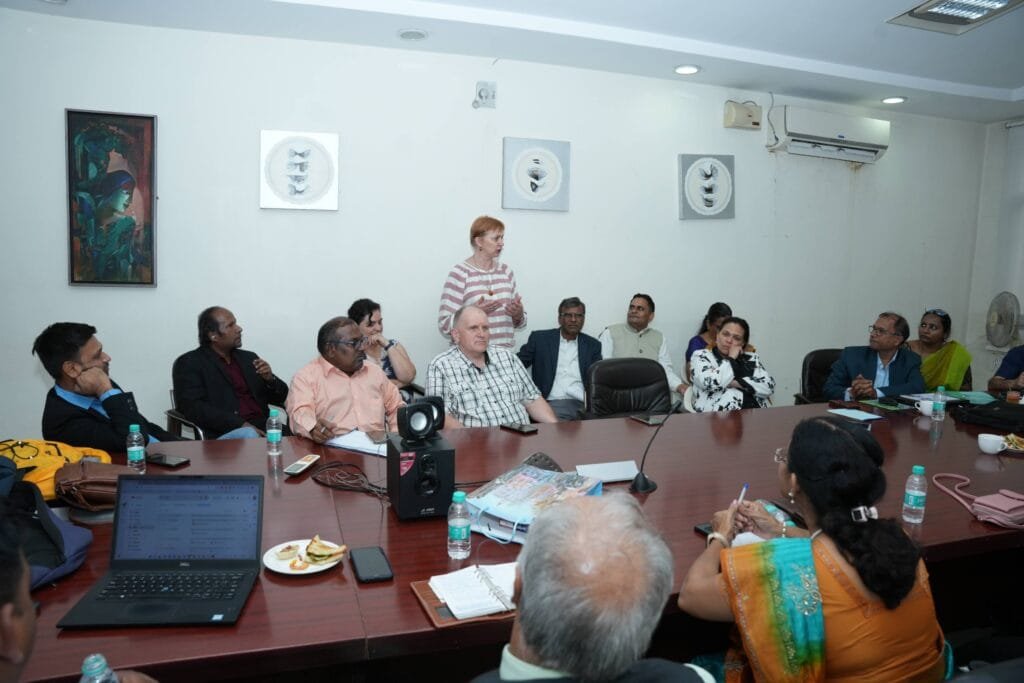


8. Sustainability must be embedded as a core subject across tourism and hospitality courses.Students must be provided with current topics on sustainability practices, technological innovations, and the role of communities in the economy as part of their curriculum. This will help them understand how the tourism and hospitality sector can be revitalized and made sustainable through the integration of technology, active community involvement, and curriculum reform.
Feedback
The stakeholder workshop garnered positive responses from a diverse group of participants, including professors, directors, NITHM Alumni, and industry professionals. Quantitative feedback, collected on a 4-point Likert scale, highlighted high satisfaction with the relevance of the workshop content (3.72), facilitator knowledge (3.72), and staff courtesy (3.80). Other wellrated aspects included venue comfort (3.76), curriculum applicability (3.64), and motivation to adopt new designs (3.60). While participants appreciated the interactive format and insights from foreign delegates and industry sessions, some areas like the usefulness of examples and clarity on industry inputs received slightly lower scores (3.40). Qualitative feedback emphasized the value of real-world perspectives and stakeholder involvement in curriculum design, while recommending improvements such as extending the workshop to a full week, enhancing time management, and increasing practical and youth-oriented engagements. Overall, the workshop was regarded as informative, engaging, and well-organized, with valuable takeaways for future curriculum development initiatives.